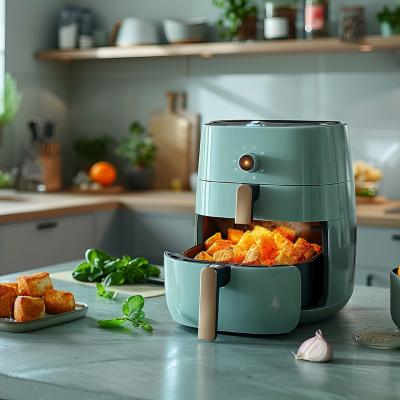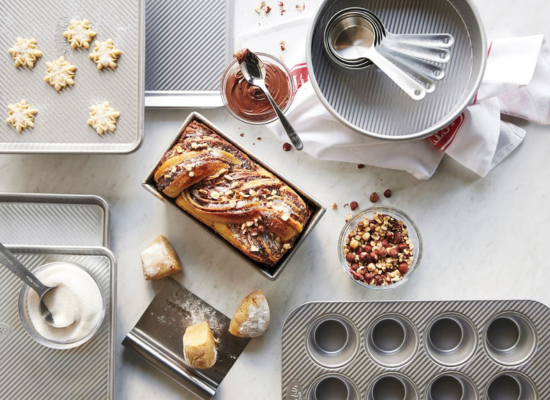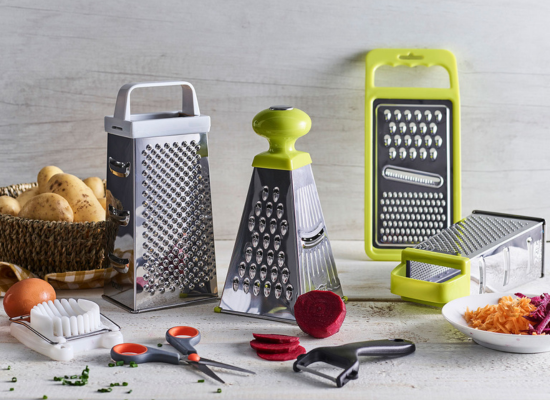
Carrots bring immense benefits to our health while also adding colors to our plates. But it is important to eat them fresh to maximize their benefits.
Can carrot go bad?
The answer is yes, carrots can go bad. The most common reason carrots go bad is that they are not stored properly. Carrots can last long if they are stored properly. Carrots can last up to 5 weeks in the fridge and even longer in the ground. Frozen carrots can last up to a year. Pickled carrots can last up to two years. Cooked carrots can last up to 1 week in the fridge.
In this article, we will cover all aspects of carrot spoilage, from how long it lasts in different forms. We’ll also provide some tips on how to store carrots and prevent them from going bad in the first place!
Is It Common for Carrots to Go Bad?
A carrot is a root vegetable that is typically orange in color, though it can also be white, yellow, red, or purple. Carrots are usually eaten cooked, but can also be eaten raw.
While carrots can last a long time if stored properly, it is not uncommon for them to go bad. Carrots are typically stored in the fridge, and if not used within a week or two, can go bad.
Carrots, like other plants, release ethylene gas as they mature. This gas hastens the ripening and rotting of fruits and vegetables.
As a result, not only will your carrots go bad faster, but so will the other fruits and vegetables in the vicinity.
Shelf-life of Unrefrigerated Carrot
Whole carrots usually last for about 3-5 days in the pantry or are unrefrigerated. If you notice your carrots starting to wilt, this is a sign that they are beginning to go bad and you should use them as soon as possible.
When stored in water, carrots can last up to two weeks. Again, when stored in sand, carrots can last up to 3-6 months. In this case, the carrots are buried in the sand in a container.
Shelf-life of Carrots in the Fridge
Carrots can last up to 4-5 weeks in the fridge. The key to storing carrots in the fridge is to make sure they are dry. If carrots are stored in a damp environment, they will start to rot.
The fridge is a cool and dry environment, which helps to slow down the carrots’ natural aging process.
Shelf-life of Carrots in the Ground
Carrots can last up to three months when stored in the ground. Since carrots are root vegetables, this method helps keep them fresh for longer than other methods.
To store carrots in the ground, you will need to find a spot in your garden that is cool and has well-drained soil.
Shelf-life of Frozen Carrots
Frozen carrots can last up to a year. When freezing carrots, it is important to blanch them first. Blanching is the process of boiling vegetables for a short period of time to kill bacteria.
After blanching, carrots can be stored in the freezer in an airtight container. This helps to prevent freezer burn, which can reduce the shelf life of frozen carrots.
LEARN MORE: Can Butter Go Bad?
Signs Your Carrots Have Gone Bad
Eating carrots when they are fresh is important for getting the most out of them. For this, it is necessary to know the signs of a spoiled carrot.
There are a few signs to look for that indicate your carrots have gone bad.
- The first is mold. Mold can grow on the surface of carrots, and can also be found in the crevices of the vegetable. If mold is present, it is best to discard the carrot.
- The second sign of spoilage is a slimy texture. If your carrots are slimy, this is a sure sign that they are no longer good to eat.
- The third sign is a change in color. If your carrots have turned yellow, green, or brown, this indicates that they are no longer fresh.
- The fourth sign is a change in texture. If your carrots are no longer firm and have a wrinkly texture, it is best to eat them as soon as possible.
- The fifth sign is a change in smell. If your carrots start to smell sour or have an off-putting odor, this is a sign that they have gone bad.
- Another indication of spoilage is the white blush on the surface of carrots.
How to Store Carrots?
In order to keep carrots fresh and be able to eat them as long as possible, it is important to know how to store them the correct way.
Carrots can be stored and preserved in many ways. Some of the ways have been described below:
Storing in Pantry
The best way to store carrots in the pantry is to place them in a cool, and dry place. Carrots can be stored in the pantry for up to 3-5 days.
The place should be away from any heat, sunlight, and moisture.
Storing in the Fridge
Carrots can be stored in the fridge for up to 4-5 weeks and in the freezer for up to 6–9 months. It is important to make sure that the carrots are dry and clean before storing them in the fridge.
Cut off the green leaves, wipe them dry, put them into a plastic bag or container, and put them in the fridge.
Storing in the Ground
Carrots can be stored in the ground for up to three months. The ground should be dug up to twice the size of the carrot and then covered with soil.
Carrots are a root vegetable, and as such, can be stored in the ground like potatoes.
For storing carrots in the ground, dig a hole that is about twice the size of the carrot. Plant the carrot in the hole and cover it with soil. This prevents the growth of bacteria in carrots for a longer time.
Storing in Water
Carrots can be stored in water for up to two weeks. The water should be changed every few days to prevent the growth of bacteria.
Carrots can also be stored in a jar of water. To do this, fill a jar with water and place the carrots in it. Make sure that the jar is placed in the fridge.
Dehydration
It is a process in which water is removed from food to prevent the growth of bacteria. Dehydrated carrots can be stored for up to a year.
To dehydrate carrots, slice them into thin pieces and put them in a dehydrator at 125 degrees Fahrenheit.
Pickling
Pickling is a process in which vegetables are preserved in vinegar or brine. Carrots can be pickled and stored for up to a year.
To pickle carrots, slice them into thin pieces and put them in a jar. Add vinegar or brine to the jar and seal it. Keep the jar in the fridge.
Brief Overview on The Shelf-life of Carrot
| Kinds of carrots | Refrigerator | Freezer | Pantry |
| Raw carrots | 4 to 5 weeks | 6 to 9 months | 3 to 5 days |
| Baby carrots | 3 to 4 weeks | 6 to 9 months | 3 to 5 days |
| Sliced (in water bowl) | 6 to 8 weeks | Not recommended | Unsafe |
| Cooked carrots | 1 week | 6 to 9 months | Unsafe |
Source: lacademie.com
What Can I Do if My Carrots Have Gone Bad?
If you notice any of the signs listed above, it is best to discard your carrots. However, there are some things you can do with bad carrots.
- You can cut out the moldy or spoiled portions if there are not too many and use the remainder.
- One thing you can do is cook them. Cooking can help to mask the signs of spoilage and make the carrots more palatable.
- Another thing you can do is make carrot soup. Carrot soup is a great way to use up carrots that are no longer fresh.
- Lastly, you can compost your carrots. If you have a compost bin, you can add your carrots to it. This is a great way to recycle bad carrots.
Conclusion
It is important to know the different signs of spoilage in carrots. This can help you determine if your carrots have gone bad, and you will be able to use them up as soon as possible.
Moreover, to maximize their lifespan, you can use the various methods mentioned in this article.
So, please don’t wait for your carrots to go bad; munch on them while they are fresh. And if you can’t do that, then store and preserve them appropriately.




Share and get 15% off!
Simply share this product on one of the following social networks and you will unlock 15% off!